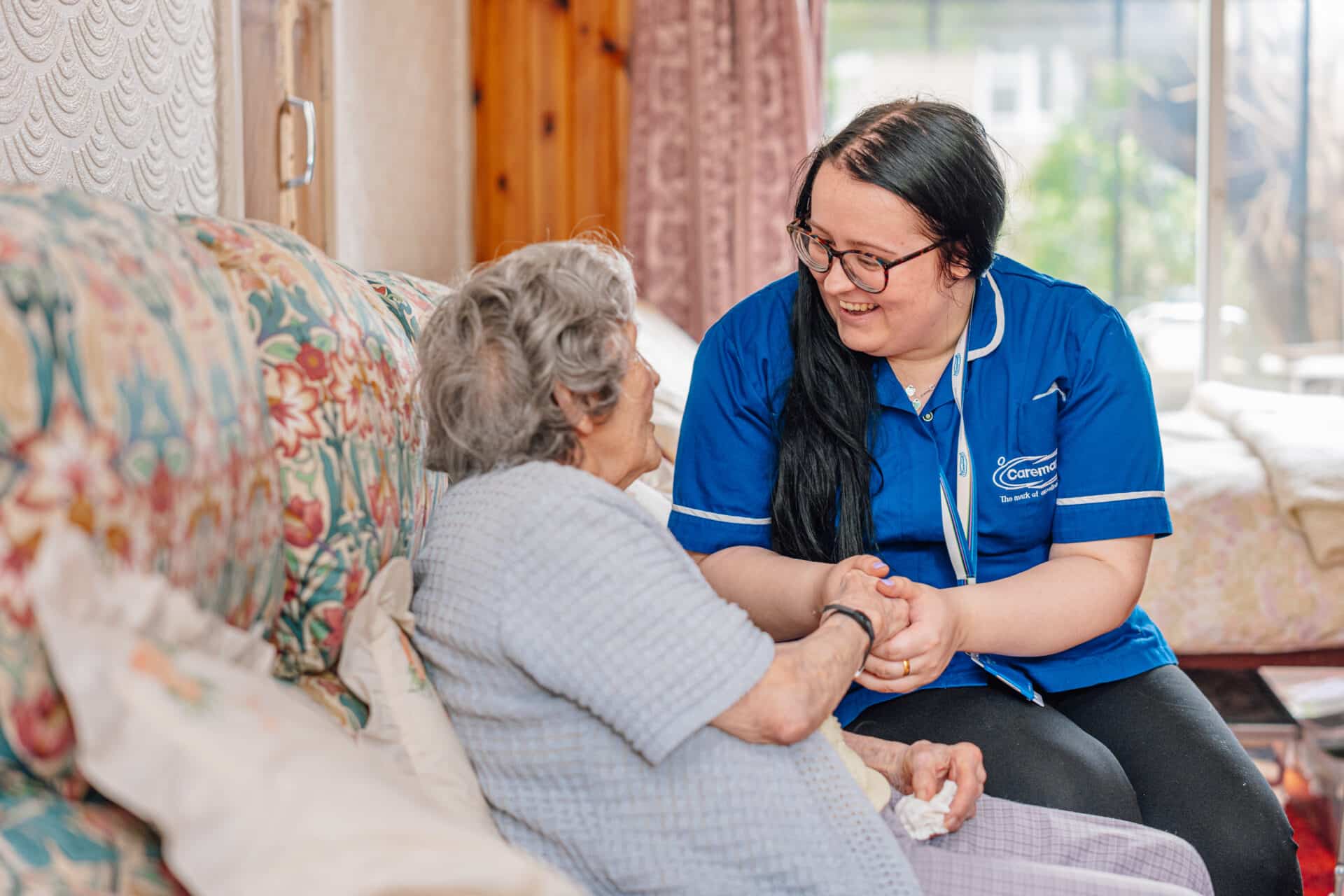The importance of respite care

The most recent census figures reveal that across the UK there are nearly 5.8million unpaid carers, with more than a quarter providing 50 or more hours of care per week – usually to family members.
The impact on a caregiver’s mental and physical health can be severe. The majority of carers said they felt stressed or anxious and around half suffered from depression, deteriorating physical health or both.
With many people reducing their work hours or devoting themselves full time to caring it is also often the case that unpaid carers find themselves struggling financially.
The good news is that there is help at hand in the form of respite care and in many cases there is financial assistance on offer. That’s only fair, as the Centre for Care research estimates unpaid carers currently save the UK £184 billion.
Respite care in Doncaster
Respite care allows people to take a break whilst the person being cared for is looked after by someone else.
There are several different options available, ranging from someone sitting with a loved one whilst the carer gets out for a few hours, to a short stay in a residential care home to allow carers to enjoy a holiday.
On a more regular basis, home care support can visit a person’s house up to four times a day to help them with washing, dressing, medication and other daily tasks or simply provide companionship so the caring relative or friend can continue to work.
Needs assessment
The first step in gaining financial help towards respite care is to arrange a needs assessment by your local social services team. Anyone can apply, it’s free and can help identify those eligible for a paid carer, day care for your child if you or they are disabled, access to day centres, lunch clubs or assisted trips out. In some cases it may conclude a residential care home may be the best option.
The assessment can also lead to grants for useful adaptations of the home such as a walk-in shower or hand-rails or equipment such as walking frame or personal alarm.
If the council is not able to provide financial assistance they should be able to point you in the direction of various charities that can help – for example the Carers Trust.
Unpaid carers can often feel a sense of guilt at looking for help with a loved one, in fact numerous studies have shown it can benefit not only the carer but also the person being cared for.
It can alleviate the feeling of being a “burden”, the person needing care is pleased that their loved one is able to have a break and it also gives the chance to meet and have conversation with someone new.
The unpaid carer meanwhile gets a chance to recharge their batteries, focus on their own household tasks or spend quality time with themselves or other family.
Care options offered by Caremark Doncaster
To learn more about the care options offered by Caremark Doncaster click here.
To find out how to arrange an assessment click here.